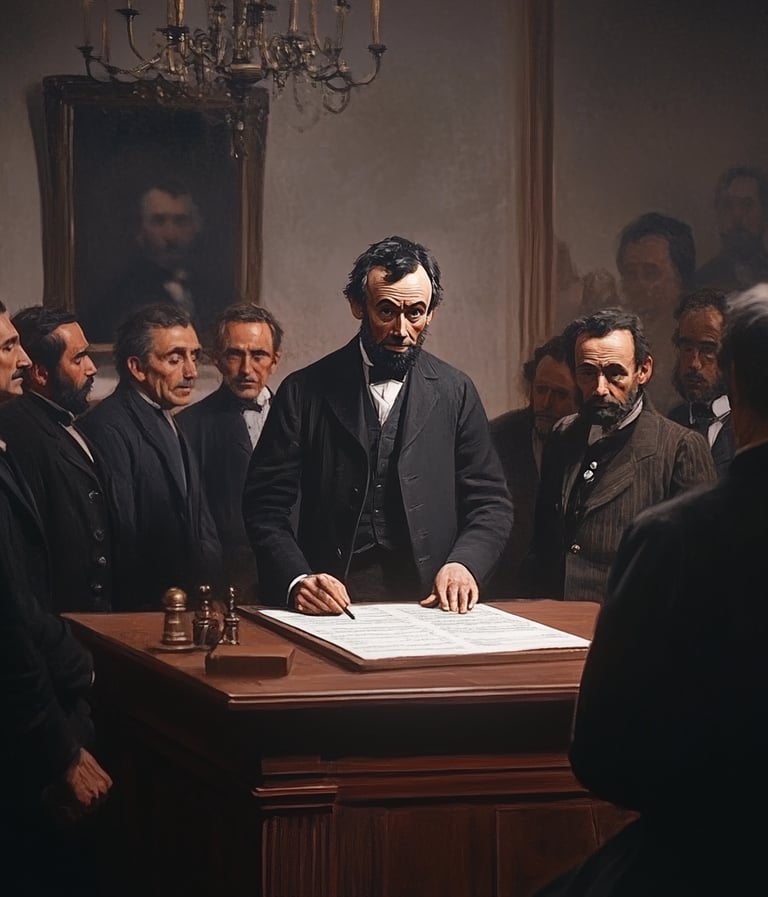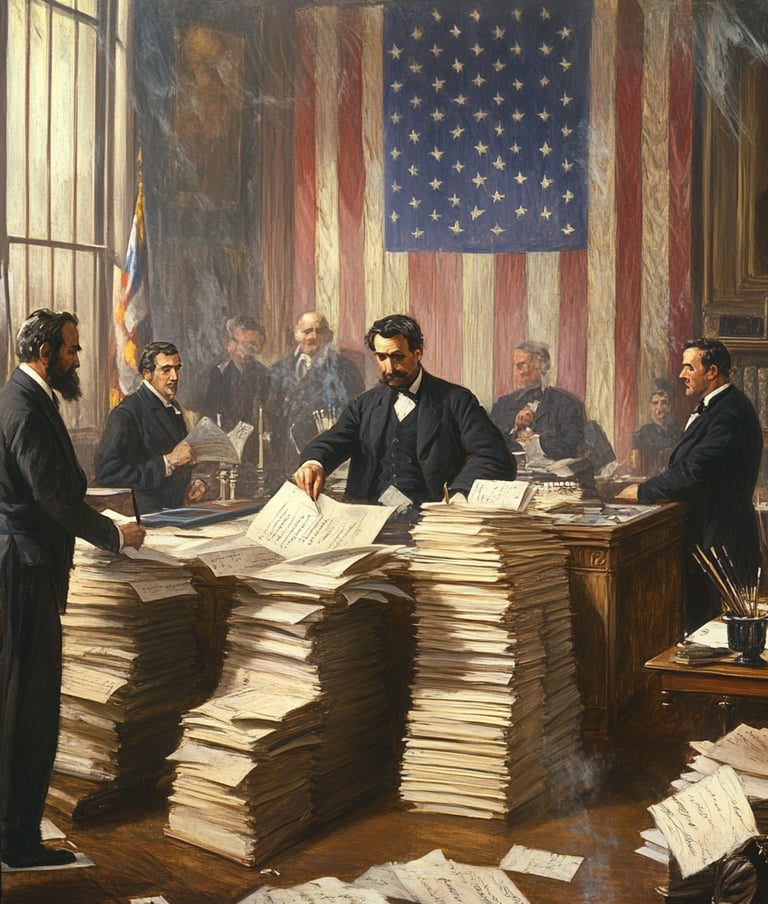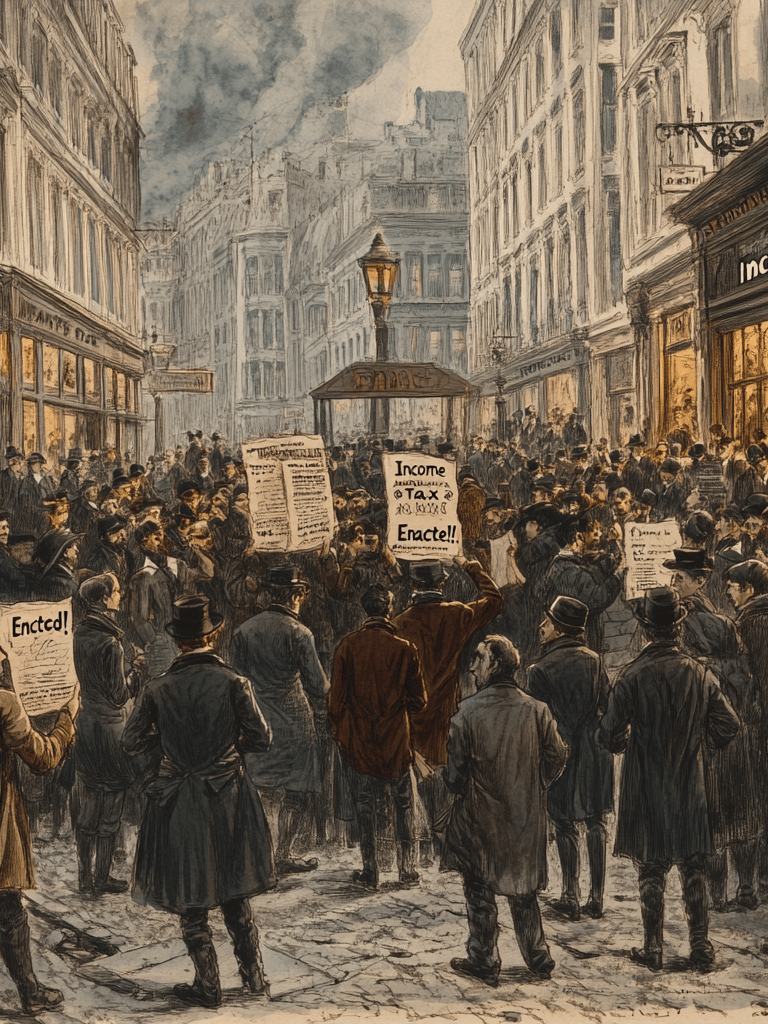Legendary magician and escape artist Harry Houdini performs his final public escape act in Worcester, Massachusetts. Known for his daring stunts, Houdini's performances captivate audiences and solidify his legacy as one of the greatest entertainers in history.
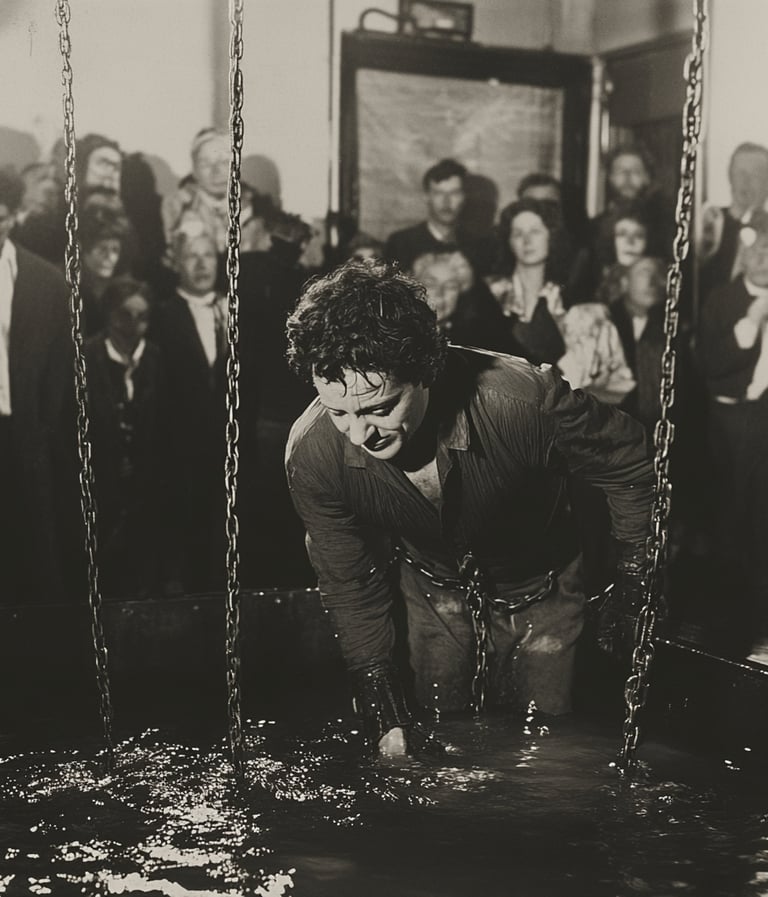

1926 - Harry Houdini Performs His Last Public Escape
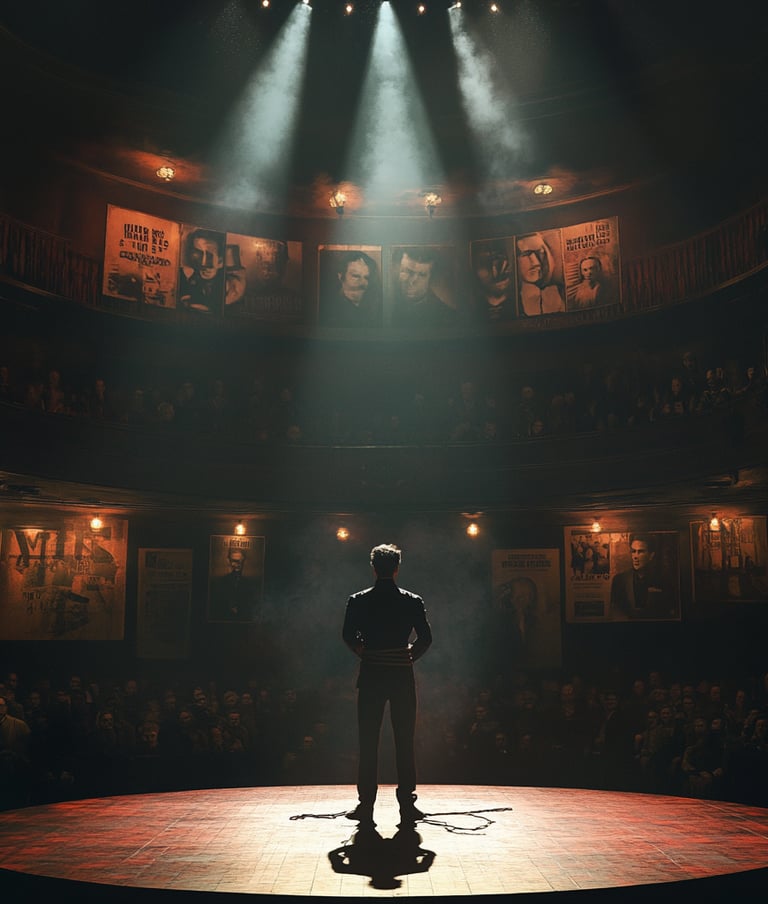

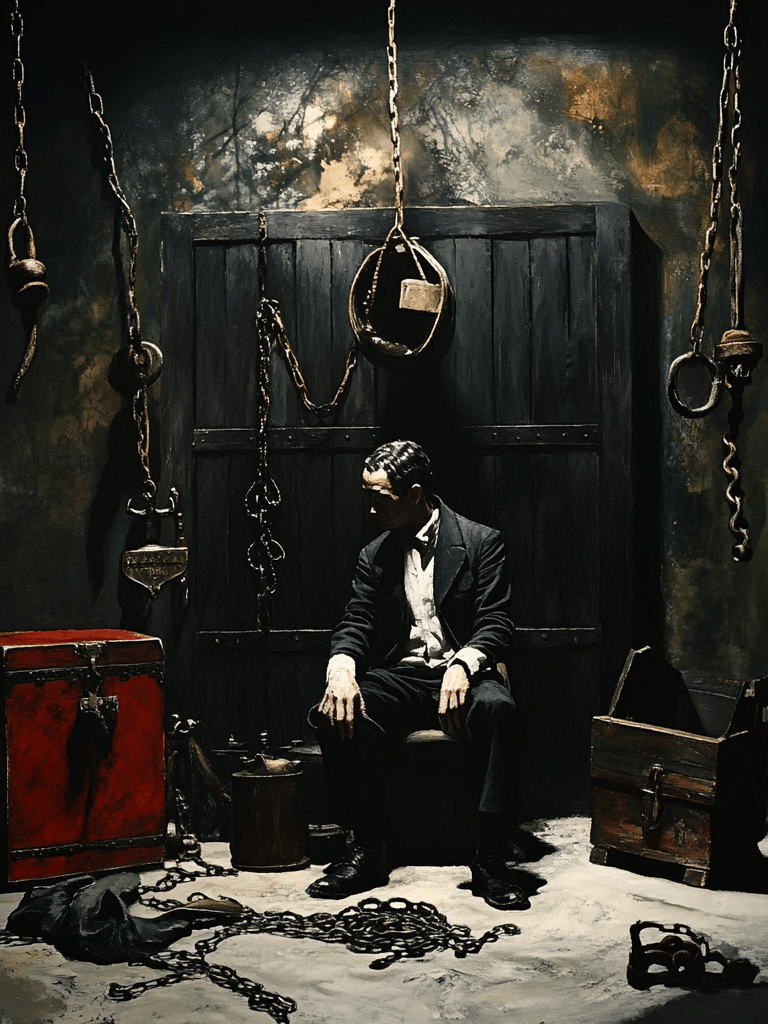

The world's first electric traffic light is installed in Cleveland, Ohio, at the intersection of East 105th Street and Euclid Avenue. This innovation marks the beginning of modern traffic management systems, improving road safety and setting the stage for the development of urban infrastructure worldwide.
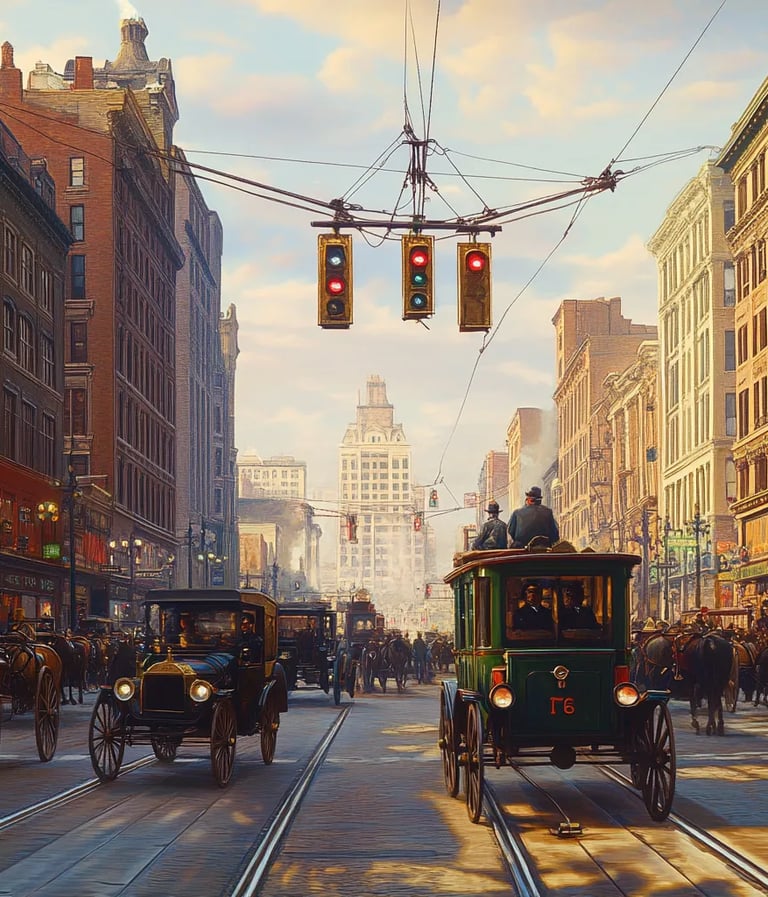

1914 - The First Electric Traffic Light is Installed
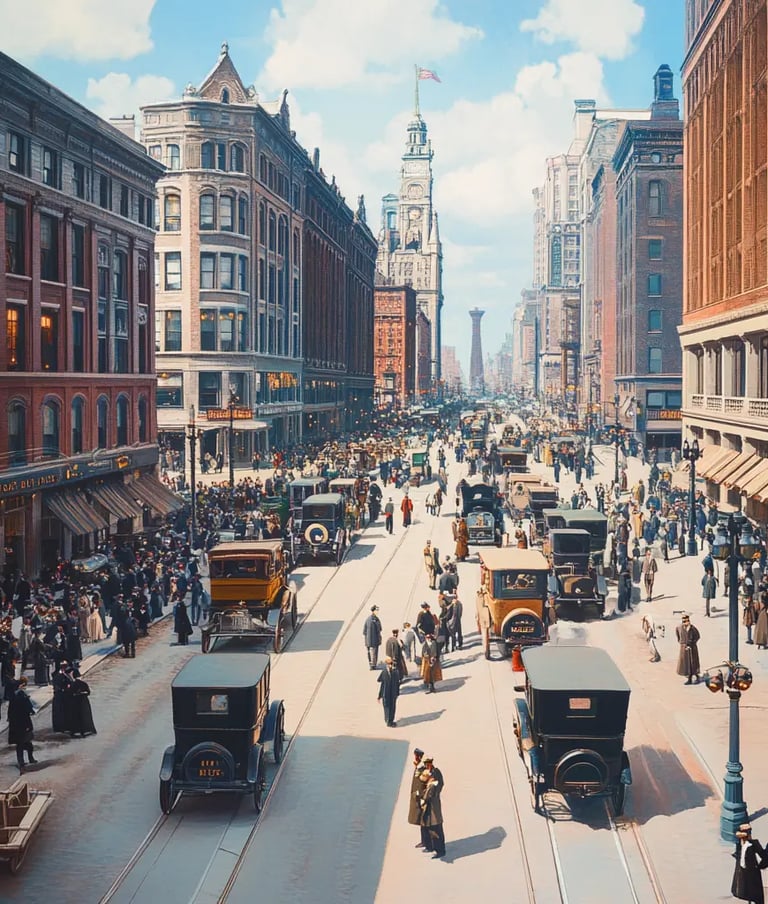

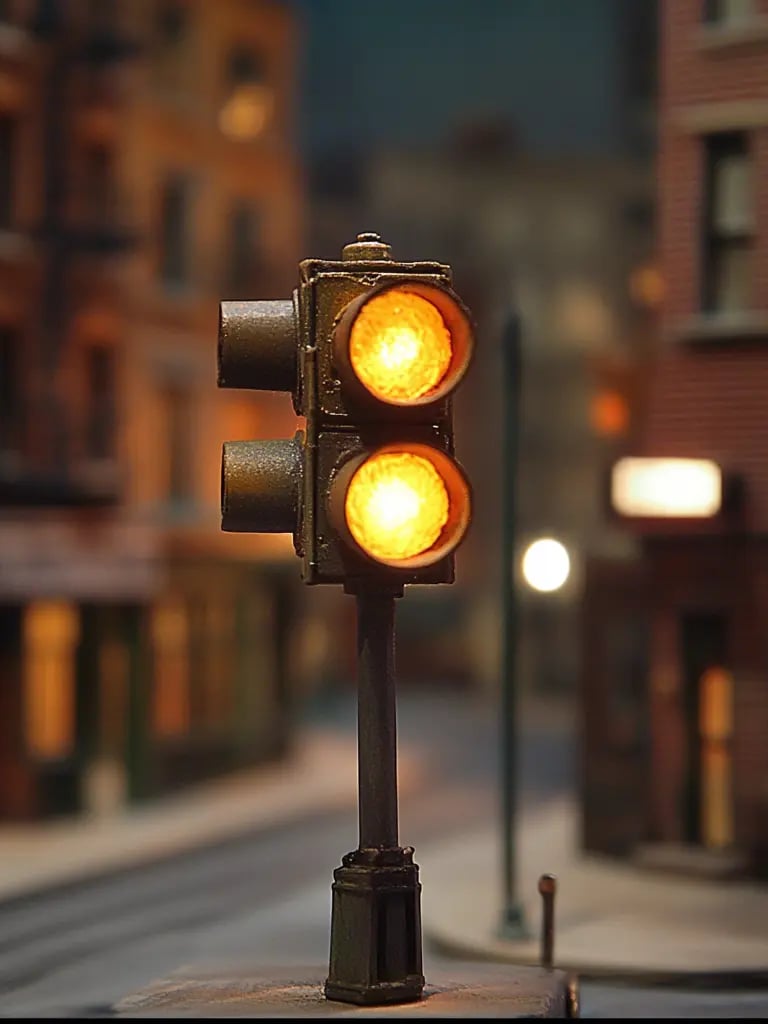

In a significant move toward nuclear disarmament, the United States, the United Kingdom, and the Soviet Union sign the Partial Nuclear Test Ban Treaty in Moscow. This agreement prohibits nuclear tests in the atmosphere, outer space, and underwater, marking a crucial step in controlling the arms race during the Cold War.
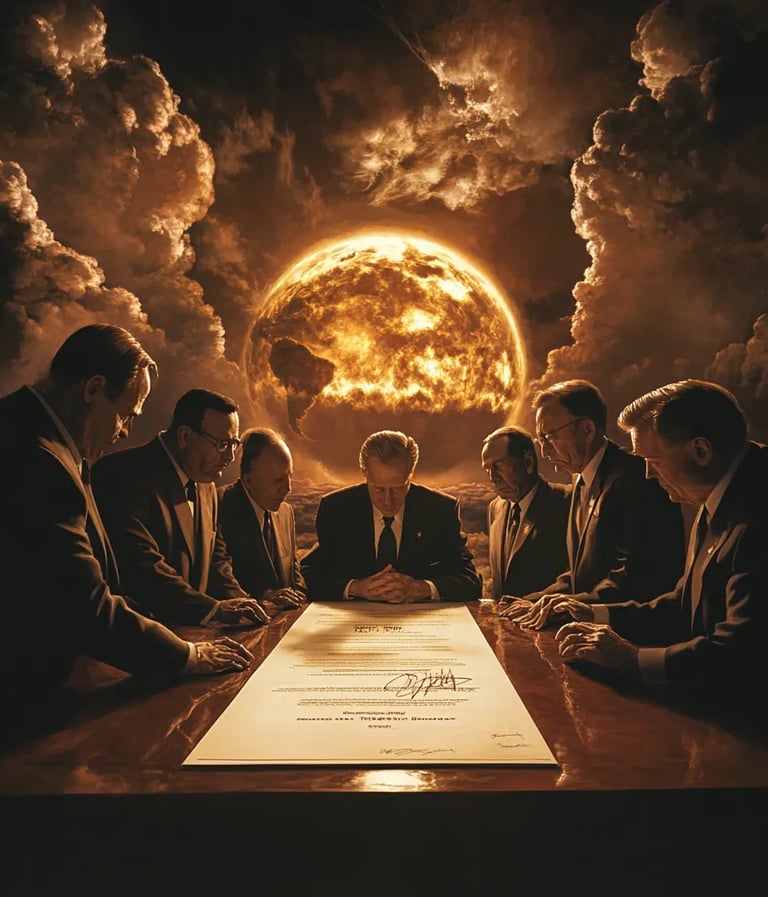

1963 - The United States, the United Kingdom, and the Soviet Union Sign the Nuclear Test Ban Treaty
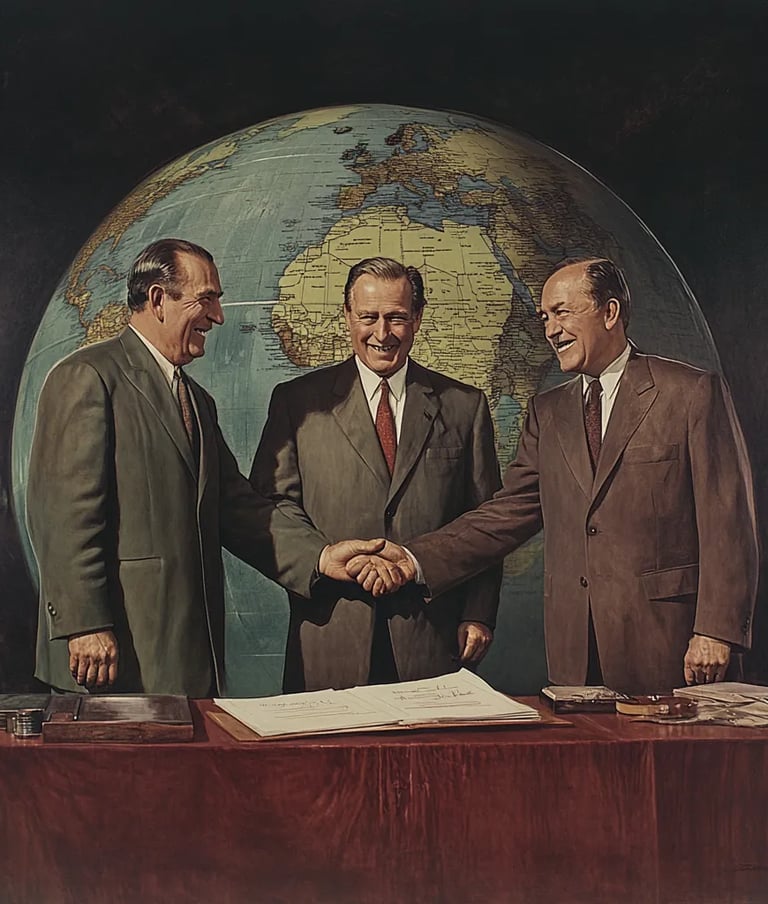

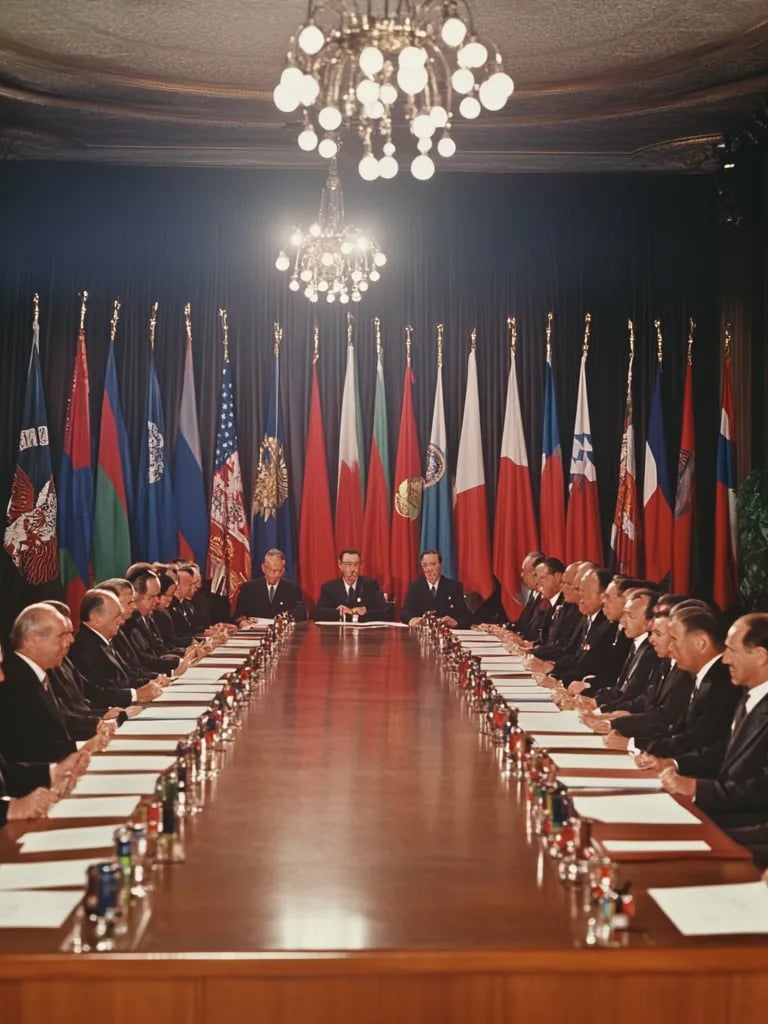

U.S. President Ronald Reagan takes the unprecedented step of firing over 11,000 air traffic controllers who are striking in violation of federal law. This move signals a strong stance against labor strikes and has lasting effects on labor relations and the U.S. labor movement.
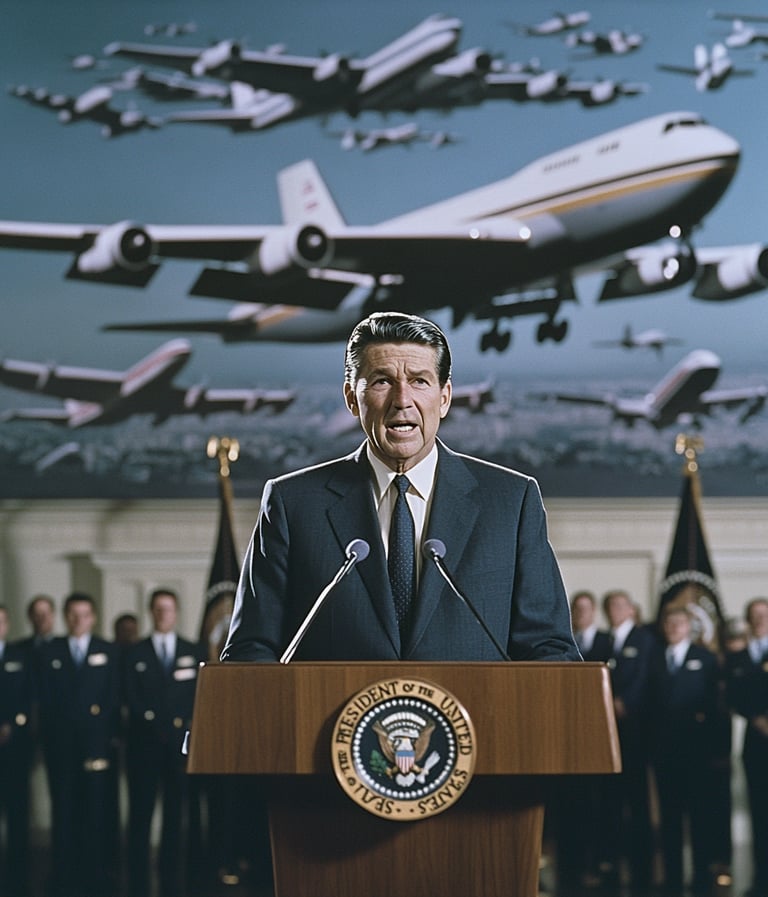

1981 - Ronald Reagan Fires Striking Air Traffic Controllers


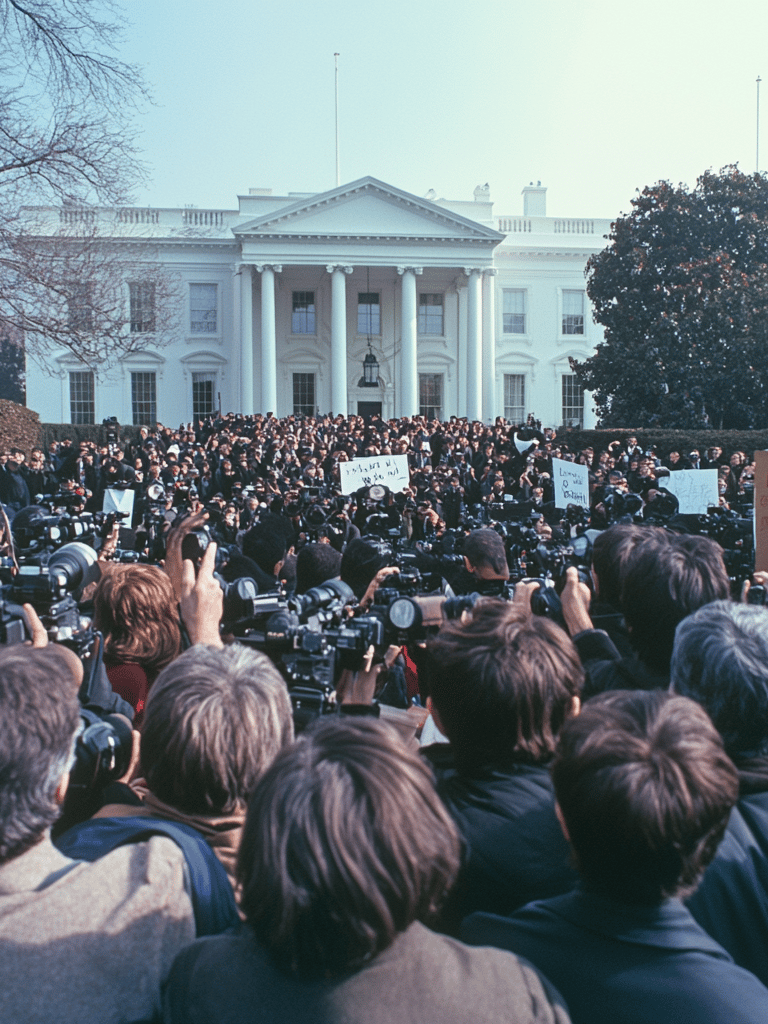

To fund the Civil War, the U.S. government enacts its first federal income tax, signing into law the Revenue Act of 1861. This historic legislation marks the beginning of a system that would become a permanent fixture in the U.S. economy, shaping the nation's fiscal policies.
